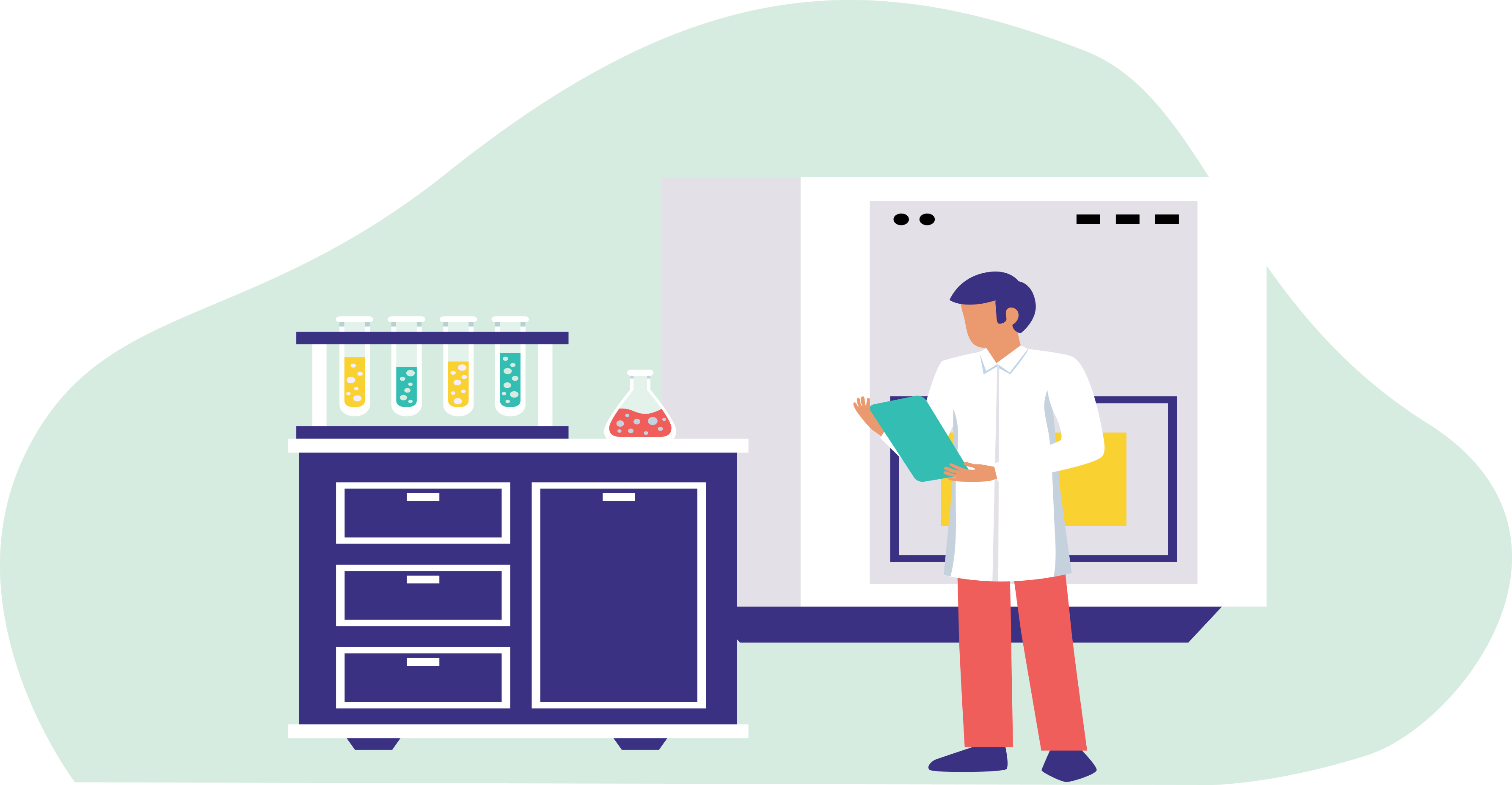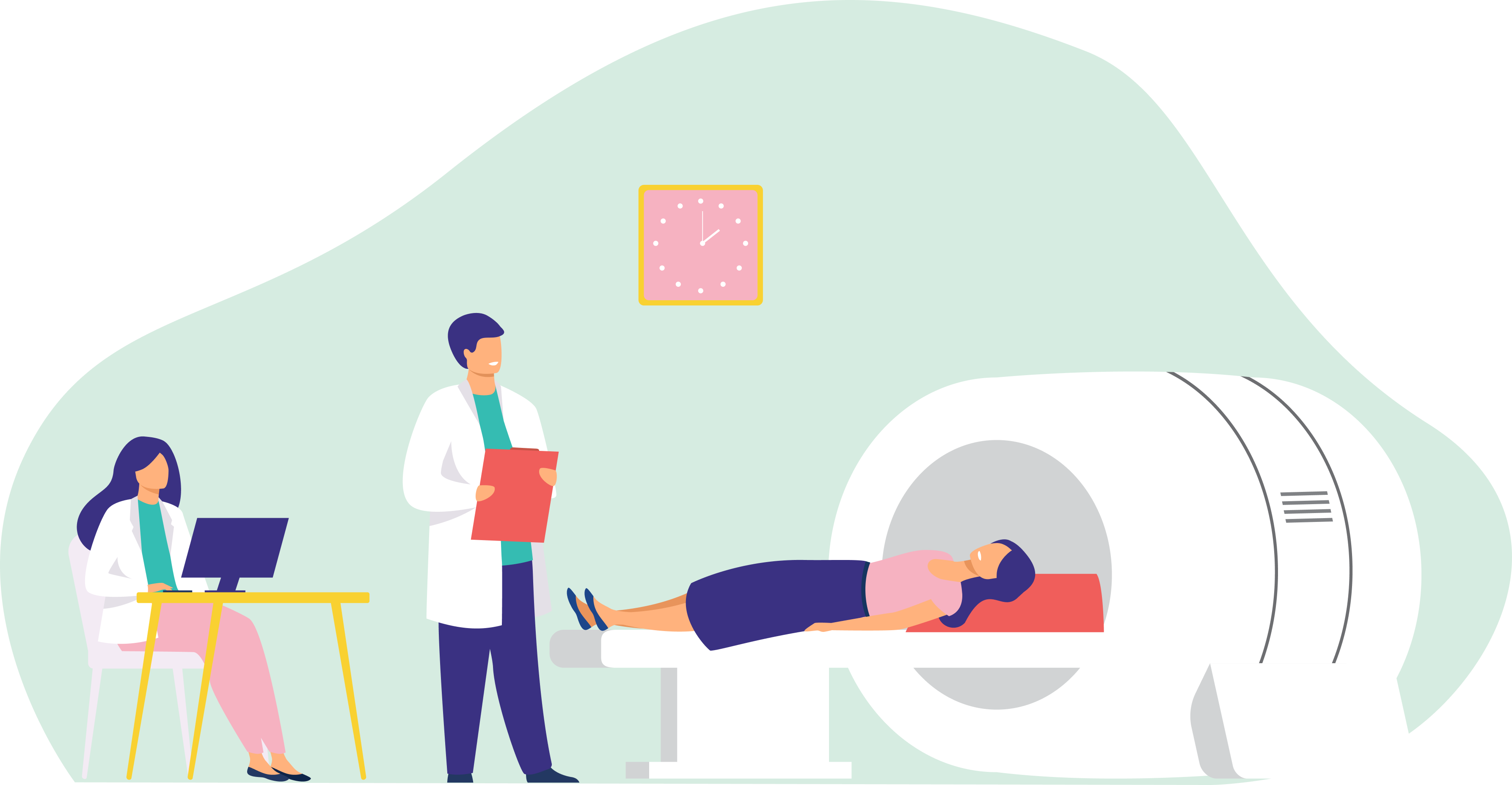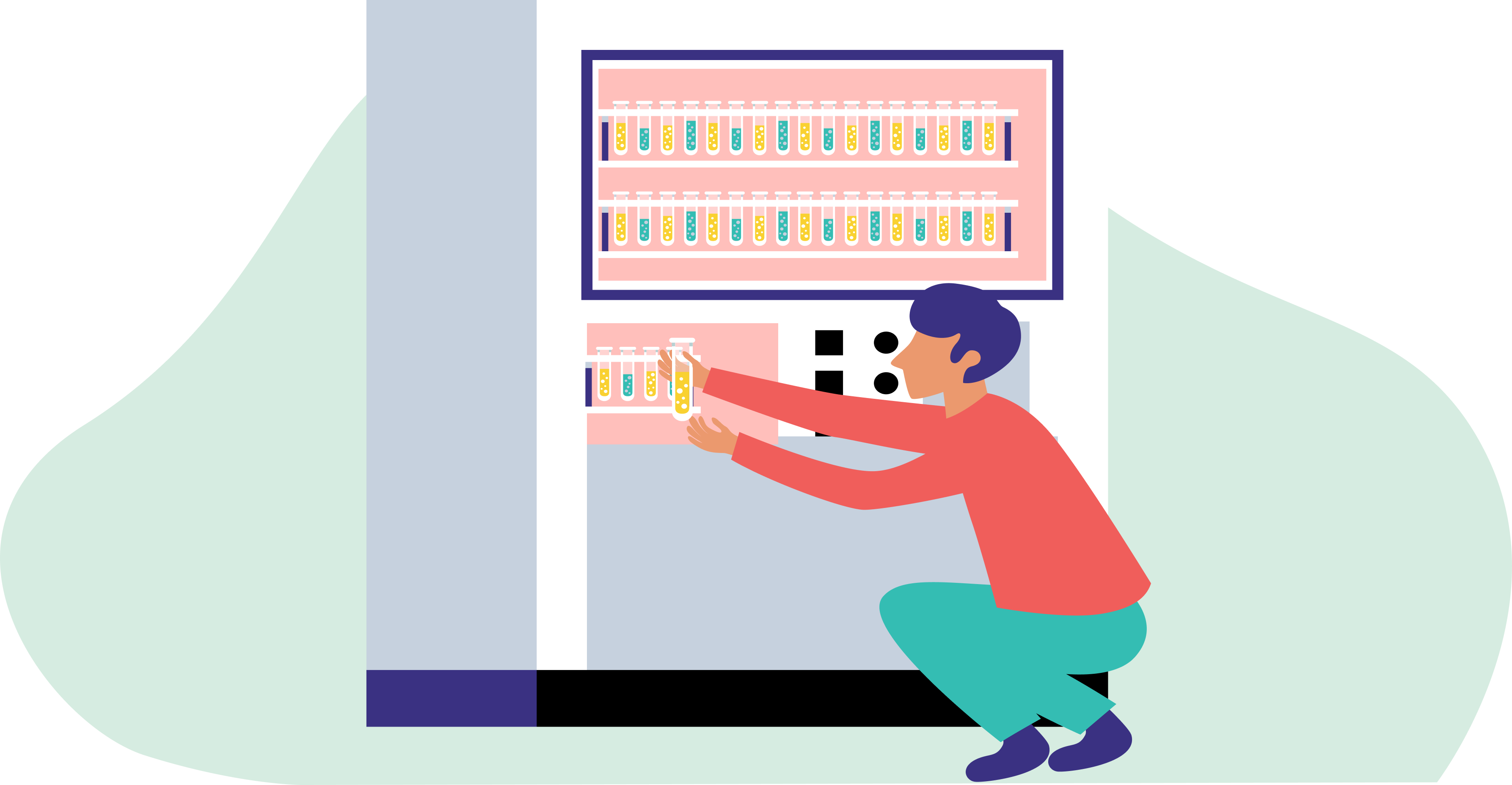
Laboratory Attendants support laboratory tests and experiments in the preparation and processing work. They are also responsible for housekeeping and inventory maintenance of the laboratory.
Laboratory Attendant Job Description
- Maintain a Chemical store, following the correct protocols and procedures such as labelling, segregation, and proper disposal of hazardous materials to ensure safety.
- Maintain and account for laboratory instruments for an accurate inventory.
- Participate in lab tests by processing lab samples which might involve dilution, purification, or sectioning of samples depending on the experiment.
- Perform housekeeping and stock checks of laboratory supplies to ensure sufficient materials and prevent disruptions during experiments.
- Prepare experimental setup for laboratory work by setting up the laboratory equipment and materials according to the specific requirements of the experiment.
Note
You can find Laboratory Attendants in your school's practical laboratory. They manage the maintenance of equipment and the stocking of necessary supplies so you can have smooth experiments.
What you should know about Laboratory Attendant jobs in Singapore
Nature of Work
You will assist in maintaining a laboratory space, handle basic equipment, and support researchers in their experiments and tasks.Key Advice
It is best to have a strong knowledge of Chemical reagents and be skilful when using experimental equipment!-
Entry RequirementsEntry Requirements
- Minimally a Nitec, Certificate in Office Skills, NTC Grade 2 or equivalent in the Biotechnology field is required.
- Having the necessary training and certification to handle dangerous or harmful chemicals.
- Attention to detail and familiarity with laboratory equipment.
-
Possible PathwayPossible Pathway
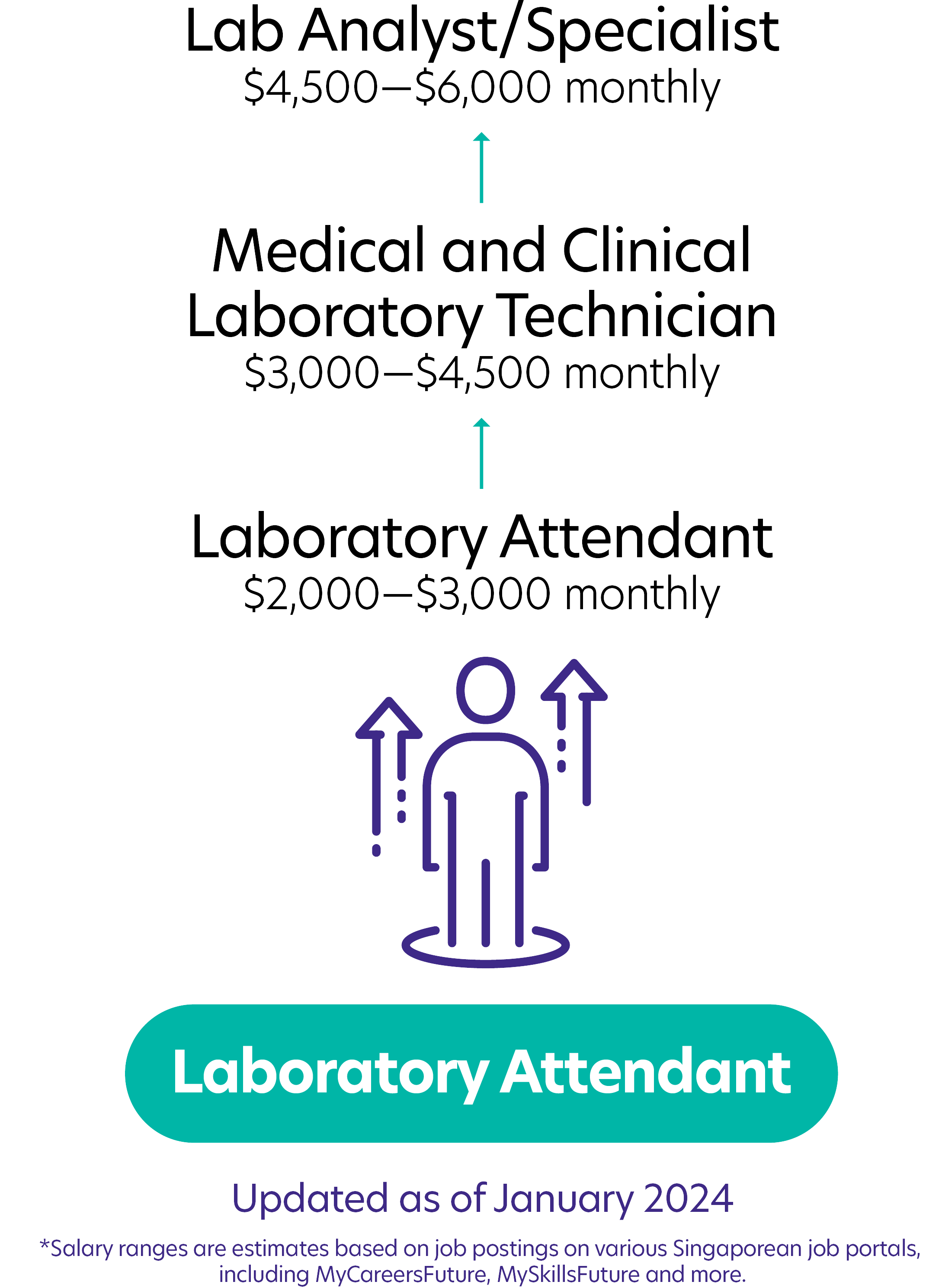
Skills you need to pursue a Laboratory Attendant career in Singapore
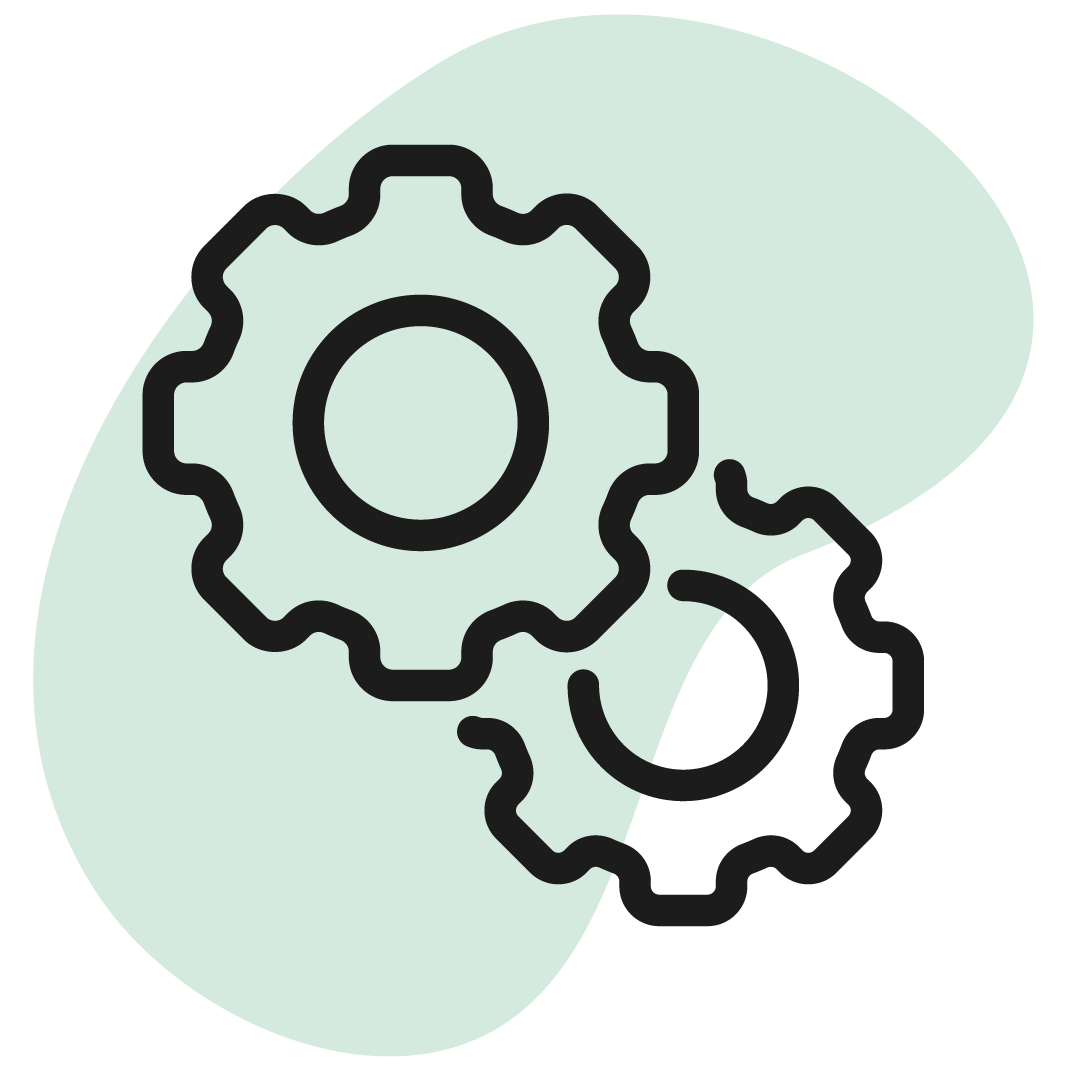 Hard Skills
Hard Skills
Laboratory Management
Organising and maintaining lab equipment calibration and environmental safety.Scientific Skills
Understanding of Scientific principles and laboratory techniques to prepare samples and conduct experiments.Stock Taking
Keeping track of lab supplies, reordering stock, and maintaining records of equipment and chemicals.Attention to Detail
Performing tasks with precision following procedures, and noticing any errors or anomalies.Self-Management
Working independently and responsibly, including making effective use of your time without supervision.Collaboration
Effective communication with colleagues, sharing information, and working cooperatively on projects.Related Job Roles
Explore Other Programmes
Browse AllYou have bookmarked your first item!
Find it in My Discoveries with insights on your interests!
